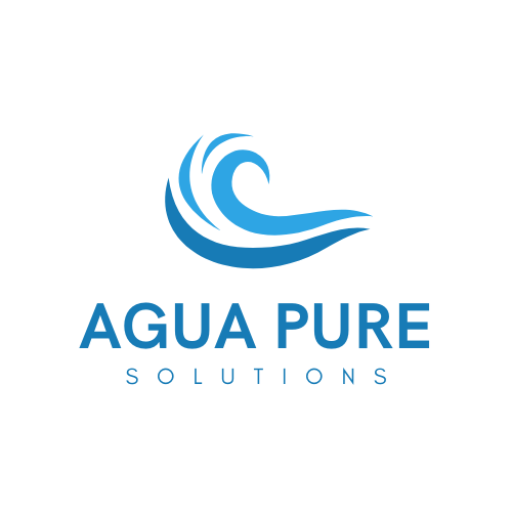Water Filtration System for Home: A Guide to Cleaner, Healthier Water
A water filtration system for your home ensures that you have access to clean, safe drinking water at all times. Whether you’re concerned about chlorine, heavy metals, or other contaminants in your tap water, installing a filtration system can improve water quality, taste, and health. In this guide, we’ll explore the different types of water filtration systems available for home use, their benefits, and how to choose the right one for your needs.
Why You Need a Water Filtration System for Your Home
The Importance of Clean Water for Your Health
Water filtration is crucial because tap water can sometimes contain harmful contaminants, including chlorine, lead, pesticides, heavy metals, bacteria, and sediments. Even though municipal water systems treat water to make it safe for consumption, it can still contain trace amounts of these substances, which can affect both taste and health. Installing a water filtration system for your home ensures that the water you drink, cook with, and bathe in is clean and free from contaminants, promoting better health for you and your family.
Types of Water Filtration Systems for Home Use
Choosing the Right Filtration System for Your Household
There are several types of water filtration systems available for home use, each designed to target specific contaminants. Here are the most common options:
- Activated Carbon Filters
– How It Works: These filters use activated carbon to adsorb contaminants like chlorine, volatile organic compounds (VOCs), and bad odors.
– Best For: Improving taste and removing chlorine.
– Example: Faucet-mounted filters, pitcher filters, and under-sink systems.
- Reverse Osmosis (RO) Systems
– How It Works: Reverse osmosis uses a semi-permeable membrane to filter out contaminants, including heavy metals, chlorine, fluoride, bacteria, and more.
– Best For: Removing a wide range of contaminants for ultra-pure water.
– Example: Under-sink RO systems.
- Whole House Water Filters
– How It Works: These systems are installed at the point where water enters your home, filtering all the water used throughout the house.
– Best For: Protecting all household appliances and ensuring clean water for bathing, cleaning, and drinking.
– Example: Whole-house filtration systems with multiple stages of filtration.
- Ultraviolet (UV) Water Purifiers
– How It Works: UV purifiers use ultraviolet light to kill bacteria, viruses, and other microorganisms.
– Best For: Disinfection, particularly if you are concerned about waterborne pathogens.
– Example: UV purification systems for both point-of-use and whole-house applications.
- Water Softeners
– How It Works: Water softeners remove hard minerals like calcium and magnesium, which cause scale buildup in pipes and appliances.
– Best For: Households with hard water that causes limescale and soap scum.
– Example: Salt-based and salt-free water softening systems.
How to Choose the Right Water Filtration System for Your Home
Factors to Consider When Selecting a Water Filtration System
Choosing the right water filtration system depends on several factors, including:
- Water Quality: Consider getting a water test to identify which contaminants are present in your water. If your water contains high levels of chlorine, a carbon filter might be sufficient, while an RO system is ideal for removing heavy metals and bacteria.
- Budget: Filtration systems vary in price. Pitchers and faucet filters are affordable options, while whole-house systems or reverse osmosis units require a larger investment. Consider both upfront and maintenance costs.
- Space: If you’re limited on space, a countertop or faucet-mounted filter might be the best option. For larger homes, under-sink systems or whole-house filters could be more appropriate.
- Maintenance: Some systems require regular filter replacements or servicing. Reverse osmosis systems, for example, need regular maintenance, while pitchers or faucet filters require less upkeep.
- Water Consumption: If your household uses a lot of water, a whole-house filtration system or high-capacity RO system might be needed to meet demand.
Benefits of Installing a Water Filtration System at Home
How Water Filtration Systems Improve Your Daily Life
Installing a water filtration system offers numerous benefits for both your health and your home:
- Healthier Water: Filtration removes harmful contaminants, such as chlorine, lead, and bacteria, ensuring that the water you consume is pure and safe.
- Better-Tasting Water: Filters improve the taste of your water by removing unpleasant chemicals and odors, making it more refreshing and enjoyable.
- Protect Your Appliances: Whole-house filtration systems prevent scale buildup from hard water, extending the lifespan of appliances like dishwashers, washing machines, and water heaters.
- Environmental Benefits: By using filtered tap water instead of bottled water, you help reduce plastic waste, making a positive impact on the environment.
Ensure Clean and Safe Water for Your Home
Invest in a Water Filtration System for Better Health and Quality
A water filtration system for your home is an investment in your health and the safety of your family. Whether you choose an activated carbon filter for better taste, a reverse osmosis system for ultra-pure water, or a whole-house filter for comprehensive protection, ensuring access to clean water is essential. With the right system in place, you’ll not only improve the quality of your water but also protect your appliances and the environment. Take the step toward cleaner water today by choosing a filtration system that meets your needs.
